The results of the shah’s last election were a triumph. His party won all 268 seats. Officially, nearly half of the electorate voted in 1975. But when revolution erupted in 1979 his party melted away, the Economist newspaper writes.
The elections on March 1st for Iran’s parliament and assembly of experts, which selects the supreme leader, share similar traits. Unlike previous polls, when pragmatists and reformists could stand, all but ardent hardliners have been disqualified, including a former president, Hassan Rouhani. Hence loyalists will sweep the board.
But as the regime purges its reformists, it shrinks to its inner core. In its hunger to monopolise power, it hollows out the state. Once a hybrid theocracy-cum-democracy, Iran is morphing into an absolute dictatorship with a wobbly base. Clerical quangos increasingly override parliament, reducing the latter to a talking-shop. A recent government survey leaked to the bbc Persian service shows haemorrhaging support for the theocrats. According to the poll, support for a separation of religion and state has jumped from 31% in 2015 to 73% today. “Yes-men are wonderful when things are calm, but they’re useless under crisis,” says a political analyst frequently in Iran. “Without an opposition you lose the bridge to the people.”
Previously, the mullahs strove to get out the vote. Now they are so resigned to their unpopularity that they hardly bother. The election campaign has been Iran’s most lacklustre since 1979. According to a poll by the state broadcaster, more than half of Iranians are unaware of the date. Many are expected to boycott it. Fearing a fiasco, the regime has denied foreign journalists visas. Rather than assuaging popular anger, last year the government executed demonstrators who had protested in 2022. A popular song is “Strange Times” by Alireza Ghorbani. “The one who knocks on the door at night has come to kill the light,” he sings.
Faced with civil disobedience against their rules on modesty, the clerics are scuttling back to the seminaries. An Iranian visitor to Britain notes with surprise there are more veils on London’s underground than Tehran’s. So resolute is the unveiling that some draw comparisons with the last years of the shah, when women took the veil in defiance of his ban. “As with the shah at the end of its regime, the system is culturally bankrupt and can no longer control people’s bodies,” says Yaser Mirdamadi, a dissident cleric in northern England.
Economics drives grievances. Iran’s hardline but ineffectual president, Ebrahim Raisi, has struggled to overcome American sanctions. Unlike the worldly cabinet of his reformist predecessor, Mr Rouhani, his ministers come from the barracks of the Islamic Revolutionary Guard Corps (irgc) or Imam Sadiq, a private religious college in Tehran. Years of high inflation and a depreciating currency have eroded the value of savings. Prices of basics are soaring and subsidies are eating up the budget, leaving little for capital expenditure. Without funding for water management, lakes and rivers are drying up. Welfare payments come late.
Mr Raisi’s foreign policy makes matters worse. The morning after a drone fired by an Iran-backed militia in Iraq killed three Americans, the rial tumbled. It is unclear whether Iran can rein in the militias that make up its axis of resistance: Hizbullah in Lebanon; the Hashd in Iraq; and the Houthis in Yemen. On paper these are assets. But they have proven to be liabilities. Iranians worry that their lobbing of missiles at Israel, American soldiers and shipping will bring hellfire down on Iran.
Abroad, as at home, the clerics talk tough but then compromise. Iran has continued its rapprochement with the United Arab Emirates and Saudi Arabia, even though both are getting closer to Israel, which Iran calls a “cancerous tumour”. After failing to persuade Muhammad bin Salman (mbs), the Saudi crown prince, to come to Tehran, Mr Raisi visited the Saudi capital, Riyadh, in November. Iran has also signalled a readiness to change its line on Israel in the event of a peace deal with the Palestinians. In recent months its mullahs have voted (at the un and at a meeting of the Organisation of Islamic Conference in Riyadh) in favour of a two-state settlement, implicitly recognising Israel. Interlocutors say Iran is committed to reining in its allied militias should Israel and the Palestinians make peace.
visit the accountability section
In this section of Iran Wire, you can contact the officials and launch your campaign for various problems







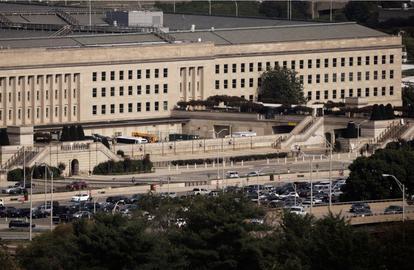




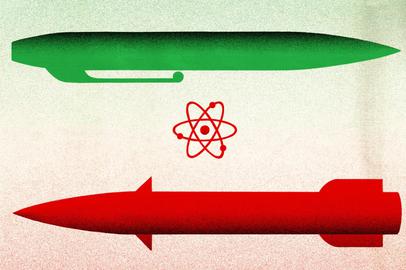
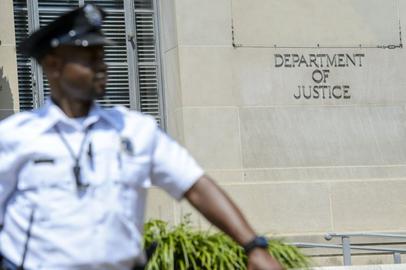
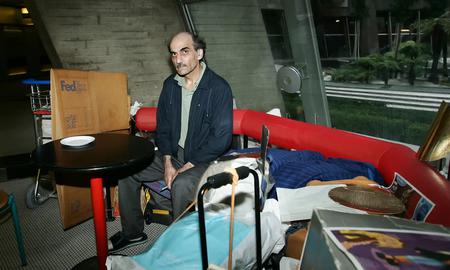

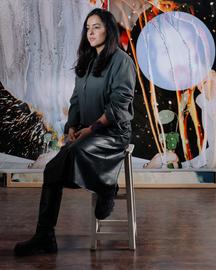



comments